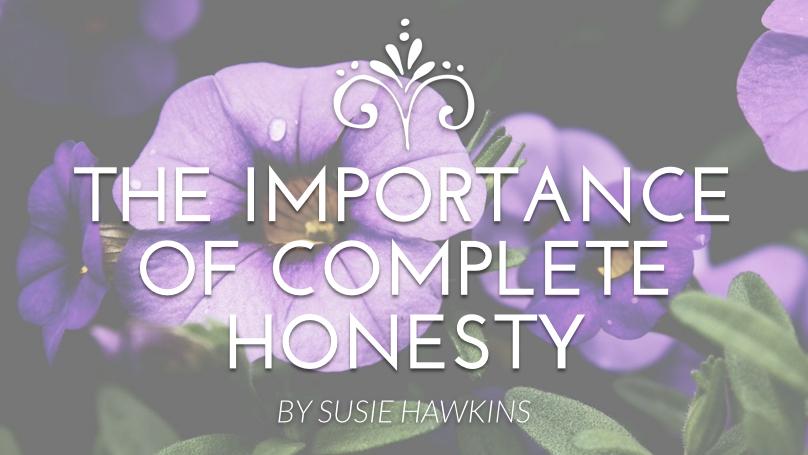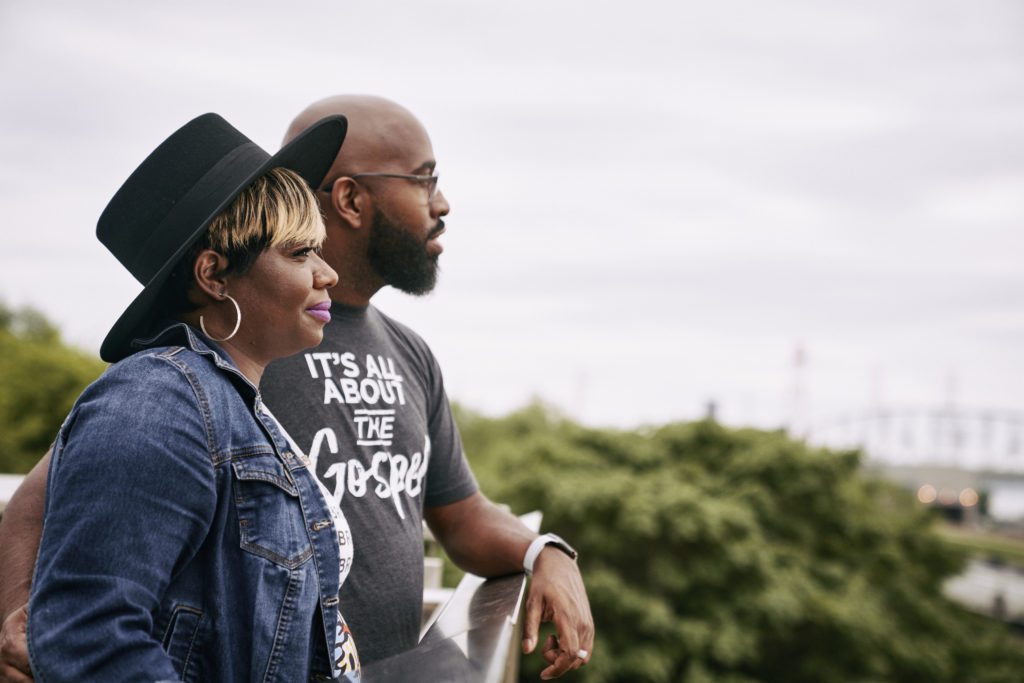Brian Williams, one of NBC’s most respected news anchors, was recently caught in an embarrassing lie. He had claimed several years ago that a helicopter he was flying in while covering the Iraq war had been shot down by an enemy grenade. After a veteran involved in the event publicly questioned his story, the truth came out. Rather than being in the helicopter fired upon, Williams admitted he was actually flying in one at least thirty minutes behind it. As it turned out, that was not the first untruth Williams had told in his outstanding journalistic career. Once at the pinnacle of the television news business, Williams’ credibility plummeted — it’s doubtful he will recover from it.
We give various names to an untruth – an exaggeration (adding to the truth), a half truth (leaving out part of the story), a white lie (told in order to be tactful), or the recently coined phrase, “I mis-spoke” (a favorite of politicians). Nevertheless, a lie is a lie, whatever term is used.
Janie Cheaney, in the February edition of World Magazine, wrote about “Small Tales”, suggesting that even the smallest lie can have a large consequence. While there are many reasons one might lie, she said, “. . . the most subtle, and the most damaging, is attempting to shape reality in a way that benefits us.” Ouch.
She is exactly right. Isn’t that why we often massage the truth? We need reality to conform to our advantage, and present us in the best light possible.

This topic caught my eye because it is especially applicable to those of us in ministry. It’s no coincidence that we refer to blatant exaggeration as “ministerially speaking,” always with a wink. There is something in our flesh that always longs to be more, even for those who are secure in their walk with Christ. One may have a good name, respected academic degrees, or a successful ministry position, but we are all vulnerable to the enemy’s condemning whisper, “You’re still not enough.” And if we believe that voice, we set ourselves up for a Brian Williams moment.
Whether a lie is harmless, or meant to avoid hurting someone’s feelings, it is still an untruth. And it is just as easy to get caught in a small lie as it is a large lie. As Janie says, “. . . reality always pushes back.”
What can we learn from the Brian Williams debacle?
- We are all susceptible to misrepresenting the truth to some degree in order to benefit ourselves. Can we be honest enough to at least admit that?
- When we do lie – no matter how slight or well intentioned – we must admit it to ourselves, confess it to God and ask ourselves a hard question, “Why did I say that?” Warning: sometimes this could require a confession not only to God but to the offended party as well.
- We must keep Psalms 51:6 as our holy standard, “Behold, You desire truth in the inward parts, and in the hidden part You will make me to know Wisdom.”
I confess that I have been wrestling with this issue the past few weeks. I am always amazed at my capacity to justify or excuse myself, which can so easily involve misrepresenting the truth.
How do you see this? Have you struggled with it also?
Published April 1, 2015



